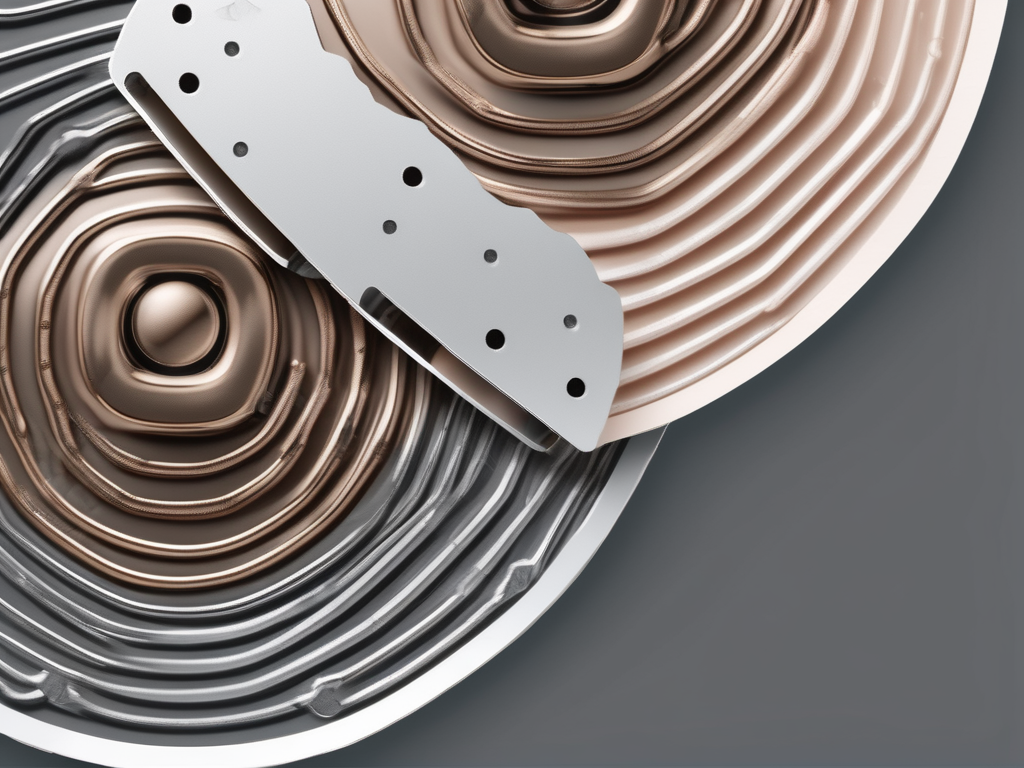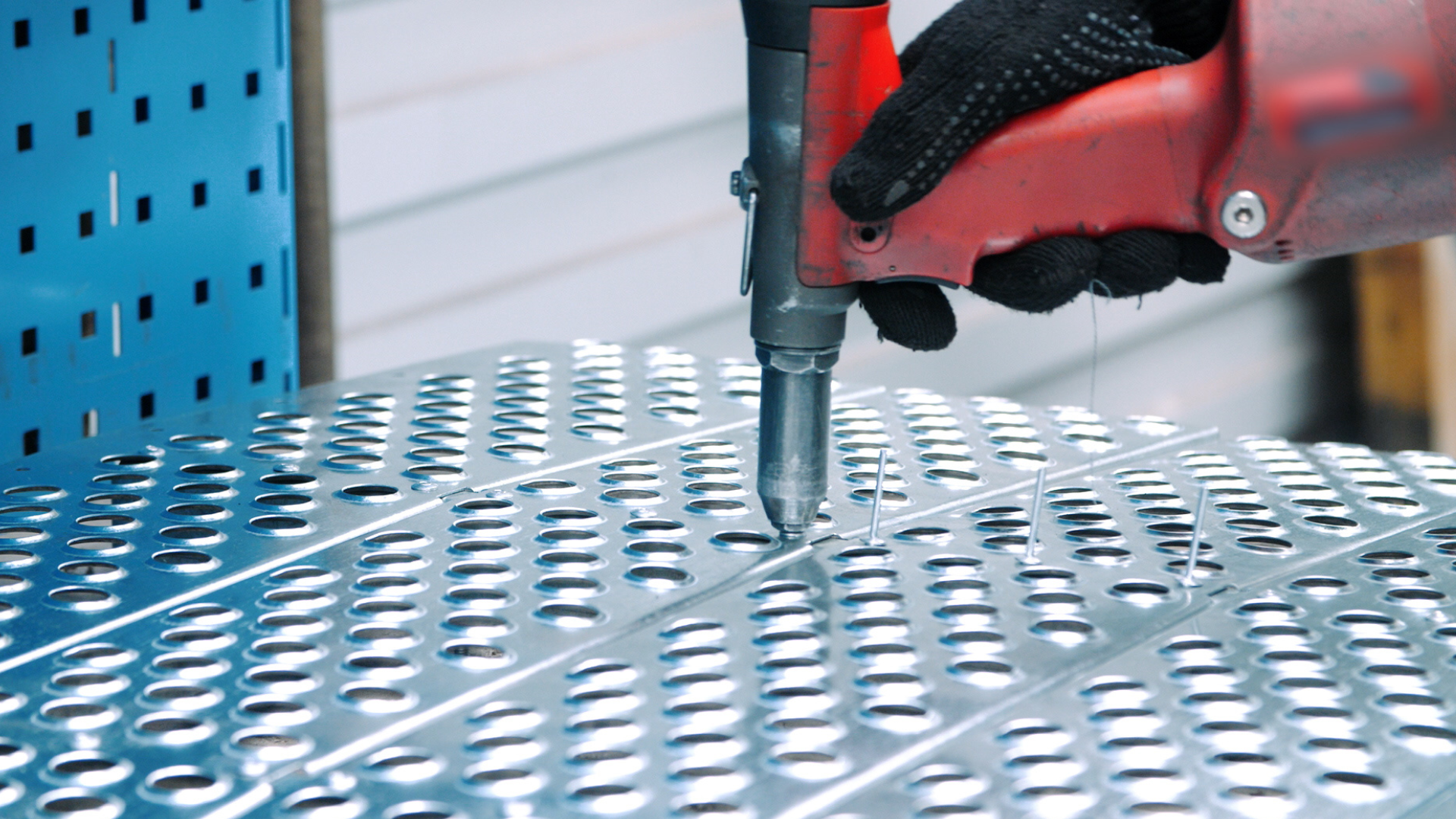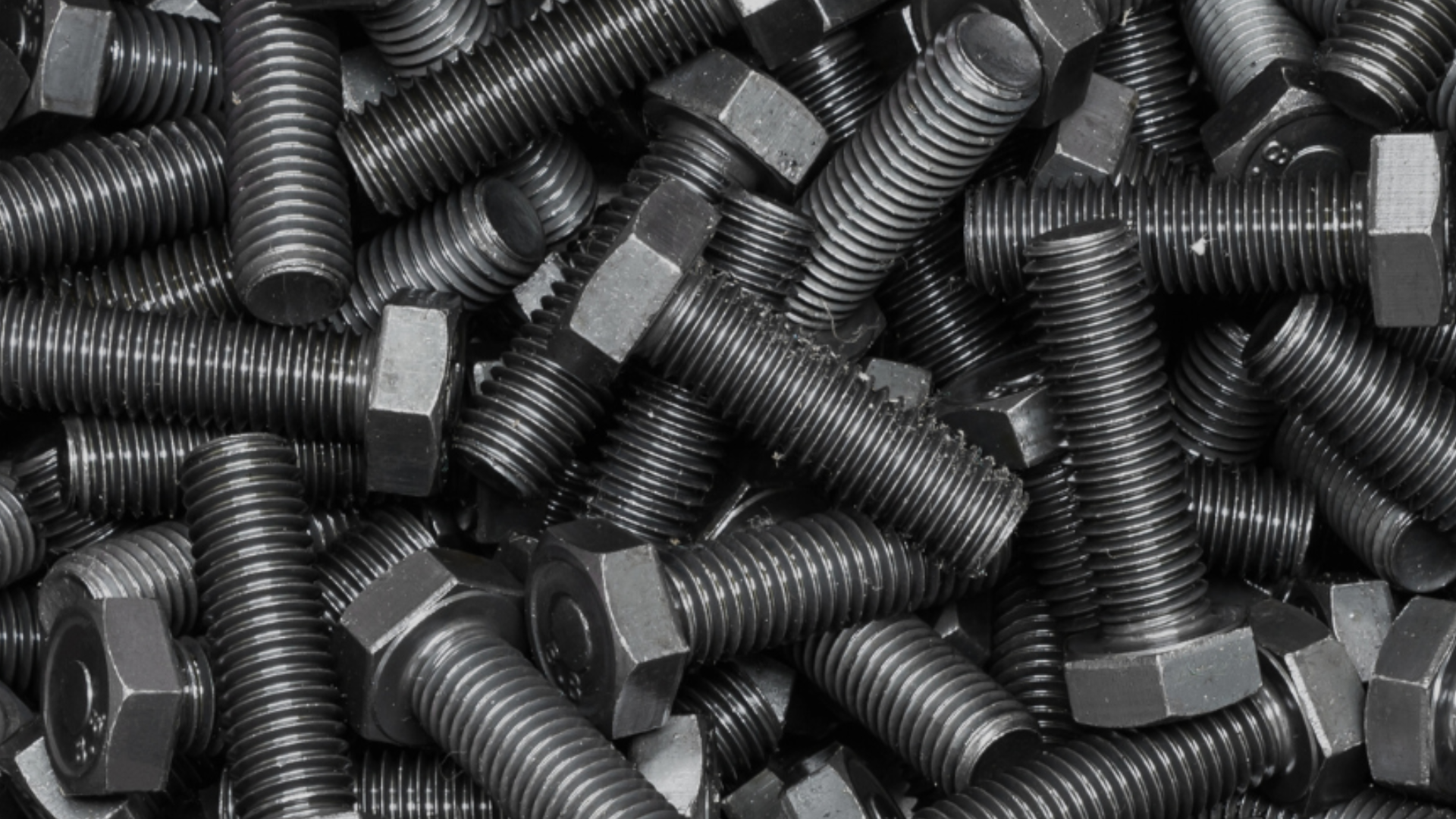Table of Contents
CNC machine shops use Computer Numerical Control (CNC) technology to create products from various materials. CNC technology is a computer-controlled process for cutting or machining metals, plastics, wood, and other materials with precision. CNC machine shops provide custom parts for almost any application, from aerospace to artistic designs. This article will explore 10 aspects of CNC machining and their uses in industry, including aerospace applications, automotive manufacturing, customized metal and plastic parts, electronic manufacturing, medical devices and instruments, woodworking and furniture making, signage and artistic design, jewelry making, prototype design, and the benefits of CNC machining.
Overview of CNC Machine Shop
CNC machines are computer-controlled machines that use a variety of cutting tools to shape materials based on commands given through programmed software. CNC stands for Computer Numerical Control, which is the most common form of robotic machining. This type of technology has been around since the 1970s and is now widely used in manufacturing and other industrial applications. The machining process is automated, allowing for high accuracy and repeatability. CNC machines are used to shape and cut materials from plastic to aluminum and wood as well as a variety of other materials. They can also be used for engraving or to create intricate designs on surfaces.
CNC machines are highly versatile and can be used to create a wide range of products, from simple parts to complex components. They are also capable of producing parts with high precision and repeatability, making them ideal for mass production. Additionally, CNC machines are relatively easy to operate and maintain, making them a cost-effective solution for many businesses.
Aerospace Applications
CNC machining is a critical component of the aerospace industry. Airframes and engine parts must be machined with extreme precision in order to meet strict requirements set by aviation regulations. CNC machines are able to produce parts with high accuracy and repeatability, making them ideal for aircraft applications. They are also able to machine difficult-to-reach components, such as those found in fuselage construction. CNC machines are also used in the manufacture of turbine blades and other components which require complex shapes and precision cuts.
In addition to airframes and engines, CNC machining is also used in the production of aircraft components such as landing gear, avionics, and navigation systems. CNC machines are able to produce parts with tight tolerances and intricate details, making them ideal for these types of components. CNC machining is also used in the production of composite materials, which are used in the construction of aircraft wings and other components.
Automotive Manufacturing
CNC machining is also important in automotive manufacturing. Today’s cars are nearly all computer-controlled, from engine control units to the computers that control suspension and brakes. CNC machines are used to produce highly precise parts with accuracy and repeatability required for these electronic components. They can also be used for producing gearboxes and other components found in automotive assembly lines.
CNC machining is also used to produce the molds and dies used in the injection molding process. This process is used to produce many of the plastic parts found in cars, such as bumpers, interior trim, and exterior body panels. CNC machining is also used to produce the dies used in stamping processes, which are used to produce metal parts such as door panels and fenders.
Customized Metal and Plastic Parts
CNC machines are perfect for creating customized metal and plastic parts that require intricate detail and exact dimensions. They can be used to create large production runs for industrial applications or small batches for individual customers. CNC machining can produce extremely complex parts quickly and efficiently, allowing manufacturers to meet tight deadlines while producing reliable components.
CNC machines are also capable of producing parts with a high degree of accuracy and repeatability. This makes them ideal for producing parts that require precise measurements and tight tolerances. Additionally, CNC machines can be programmed to produce parts with a variety of finishes, from smooth and polished to textured and rough. This allows manufacturers to create parts that meet the exact specifications of their customers.
Electronic Manufacturing
CNC machines are vital in the production of any type of electronic component. They can be used to create detailed PCBs (Printed Circuit Boards), as well as cases and housings for a wide range of electronic components. CNC machines can also be used to produce delicate connectors, capacitors, and other intricately shaped parts.
CNC machines are also used to create components for a variety of other electronic devices, such as smartphones, tablets, and computers. They can be used to create intricate components for these devices, such as circuit boards, antennas, and other components. CNC machines are also used to create components for medical devices, such as pacemakers and hearing aids.
Medical Devices and Instruments
CNC machines also play an important role in the medical industry. Implants, prosthetics, and other complex medical devices require extremely precise parts that can be difficult or impossible to manufacture with traditional techniques. CNC machines are capable of producing intricate parts to exact specifications with a level of accuracy that is simply not possible with manual manufacturing methods.
CNC machines are also used to create medical instruments such as surgical tools, endoscopes, and other precision instruments. These instruments must be made to exact specifications in order to ensure the safety and effectiveness of the medical procedure. CNC machines are able to produce these instruments with a high degree of accuracy and repeatability, making them an invaluable tool in the medical industry.
Woodworking and Furniture Making
CNC machines are used in the production of furniture components, where intricate shapes are needed to match existing specifications. CNC technology can produce evidence-based contours, shapes, carvings, joints and inlay that conventional machining cannot achieve. Many woodworking businesses now use CNC machining for both prototyping and mass production of intricate designs.
CNC machines are also used to create custom furniture pieces, such as tables, chairs, and cabinets. By using CNC technology, furniture makers can create unique pieces that are tailored to the customer’s exact specifications. CNC machines also allow for faster production times, as they can quickly and accurately cut and shape the wood into the desired shape. This makes it easier for furniture makers to meet tight deadlines and produce high-quality pieces.
Signage and Artistic Design
CNC machining is becoming increasingly popular for sign making applications as well as other artistic pursuits such as engraving or sculptures. CNC machines can create precise designs on almost any surface including metal, wood, plastic, stone, and glass. With their ability to carve intricate designs with ease, these machines have revolutionized the sign making industry.
CNC machines are also used to create custom artwork, such as sculptures, reliefs, and engravings. The machines can be programmed to create intricate designs with a high level of accuracy and detail. This makes them ideal for creating unique pieces of art that can be used for a variety of purposes, from decorating a home to creating a unique gift for a loved one.
Jewelry Making
The jewelry industry is one of the most prominent beneficiaries of CNC technology. Jewelry makers use intricate 3D files to create designs that can be precisely machined with a CNC machine. The resulting parts are often more precise than if they were handmade by experienced jewelers.
Prototype Design and Development
CNC machines can also be used for developing new products or prototypes quickly. By incorporating 3D-printing technology into a CNC system, a design team can create prototypes faster than ever before. This is beneficial in multiple industries including automotive, medical, consumer electronics, and aerospace.
Benefits of CNC Machining
Overall, the benefits of using CNC machining in various applications are numerous. CNC machines offer high accuracy and repeatability with minimal or no input from the operator. They also reduce production time significantly when compared to manual techniques by allowing for large production runs to be automated quickly. This makes them cost effective and efficient for businesses of all sizes.



